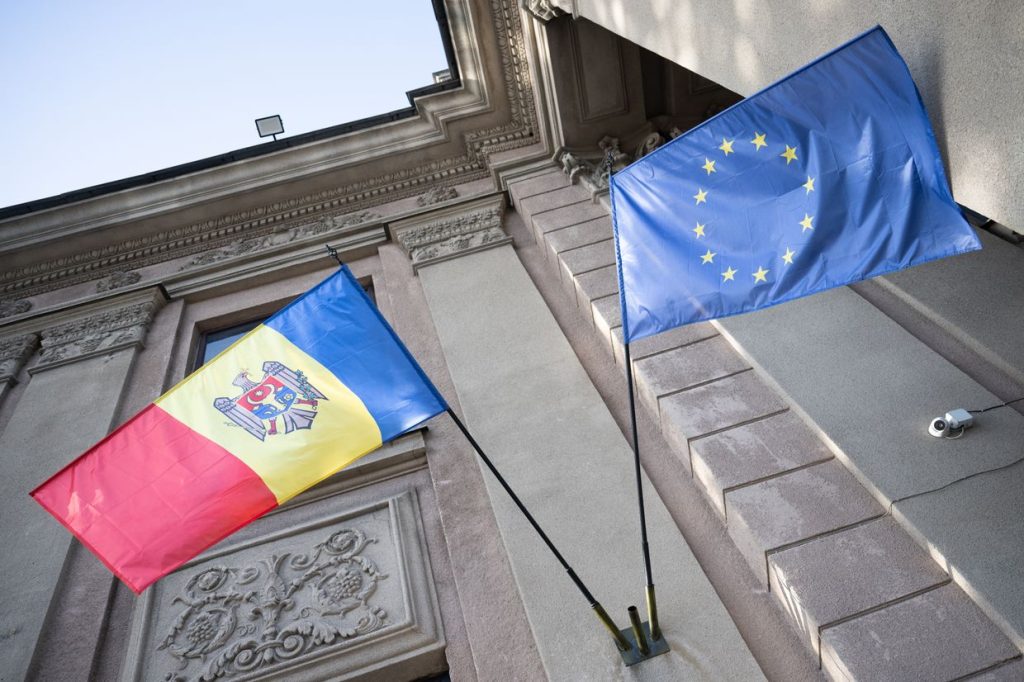The pro-Russian opposition in Moldova has formed a new political bloc named “Victory” in Moscow, aiming to disrupt the country’s planned accession to the European Union. The bloc, led by Moldovan politician and oligarch Ilan Shor, is strategizing to challenge President Maia Sandu and her pro-European government in upcoming elections. Shor, who is evading arrest in Moscow on charges of money laundering and embezzlement related to the alleged 2014 theft of $1 billion from Moldovan banks, faces up to 15 years in prison. Moldova’s Minister of Infrastructure and Regional Development has condemned the bloc’s influence on the upcoming presidential election, labeling them as traitors to the country.
Tensions between Moscow and Chisinau have been escalating since February 2022, amidst fears that the war in Ukraine may spill over into Moldova through the territory of Transnistria, which has been occupied by Russian troops since the early 1990s. Moldovan officials have raised concerns about Russian attempts to interfere in Moldovan elections and have accused Russia of destabilization efforts. The head of the Moldovan intelligence agency has warned of a Russian campaign to disrupt the country’s European integration and incite social and political crises to draw Moldova back into the Kremlin’s orbit.
President Maia Sandu, known for putting Moldova on a pro-EU course and advancing its candidacy for EU membership, is running for re-election in the upcoming presidential race. It is reported that a referendum will be held alongside the election to vote on pro-EU constitutional amendments. Additionally, parliamentary elections are scheduled for the summer of 2025 in Moldova. The United States has pledged to deepen its cooperation with the Moldovan government amid potential threats from Russia to undermine the country’s stability. A U.S. official emphasized the importance of supporting Moldova in the face of Russian interference.
The pro-Russian opposition parties in Moldova have been accused of spreading anti-EU disinformation and collaborating with Moscow to challenge the country’s pro-European direction. The newly-formed political bloc “Victory” is seen as a threat to the pro-European government’s efforts to integrate with the EU. Moldovan intelligence agencies have warned of Russia’s intentions to instigate social and political unrest in Moldova, particularly in regions like Transnistria and Gagauzia. The upcoming elections in Moldova will be crucial in determining the country’s future trajectory towards EU integration or alignment with Russia.
President Maia Sandu’s leadership has been instrumental in advancing Moldova’s EU membership candidacy and pursuing pro-European policies. Her re-election bid will be closely watched as she continues to navigate the challenges posed by the pro-Russian opposition and Russian interference. The U.S. government’s commitment to supporting Moldova in the face of external threats highlights the strategic importance of the country in the broader geopolitical context. Moldova’s upcoming elections will be a critical juncture in determining the country’s path towards closer integration with the EU or potential realignment with Russia. It remains to be seen how the political landscape in Moldova will evolve in the face of these internal and external challenges.















